
Jessa Netting
Former News Editor
SFARI.org
From this contributor
Mice with chromosome 16 deletion have faulty brain circuits
Researchers have linked defects in the dopamine brain circuit to behaviors of a new mouse model of the 16p11.2 deletion. In a study in the 16 May Cell Reports, they suggest that the mutation alters the brain’s regulation of dopamine and may be responsible for behavioral problems, including autism.
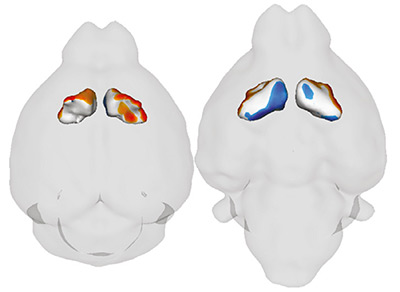
Mice with chromosome 16 deletion have faulty brain circuits
Network of autism-linked proteins reveals new interactions
Researchers have mapped interactions between hundreds of variants of proteins made from known autism risk genes, they reported 11 April in Nature Communications. The highly connected network reveals that autism genes tend to interact with each other and with many more partners than suspected.
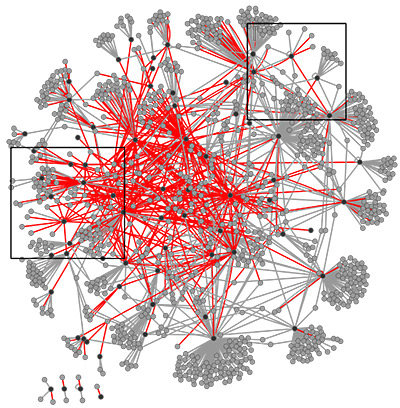
Network of autism-linked proteins reveals new interactions
Genetic background may alter behavior of autism mice
Differences in the background genetics of mouse strains may modify the effects of autism genes, suggests a study published 11 March in Autism Research. The study looked at the behavior of mice with a mutation in neuroligin-3, a strong autism candidate gene.
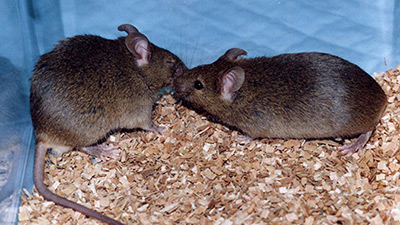
Genetic background may alter behavior of autism mice
Repetitive behavior in toddlers may signal autism
Children who show several repetitive behaviors — such as flapping their hands or spinning their toys — at their first birthday have nearly four times the risk of autism of children who don’t show repetitive behaviors. That’s the conclusion from a study published in the March issue of the Journal of Child Psychiatry and Psychology.
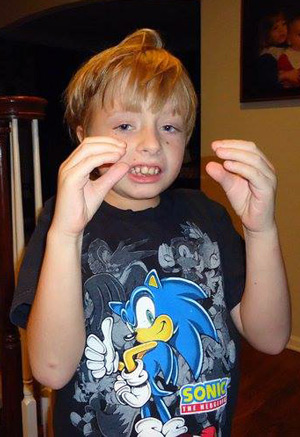
Repetitive behavior in toddlers may signal autism
Algorithm uncovers autism syndromes’ fingerprints
An artificial-intelligence algorithm designed to analyze behavior has learned to recognize six genetic disorders associated with autism, according to a report published 11 February in Molecular Autism. The algorithm could be used to hone the search for autism’s genetic underpinnings.
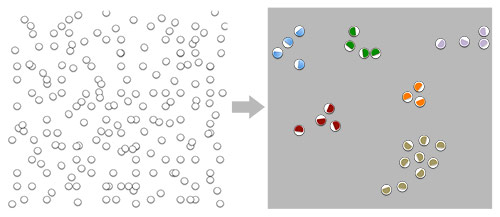
Algorithm uncovers autism syndromes’ fingerprints
Explore more from The Transmitter
Cocaine, morphine commandeer neurons normally activated by food, water in mice
Confirming a long-held hypothesis, repeated exposure to the drugs alters neurons in the nucleus accumbens, the brain’s reward center, and curbs an animal’s urge for sustenance.
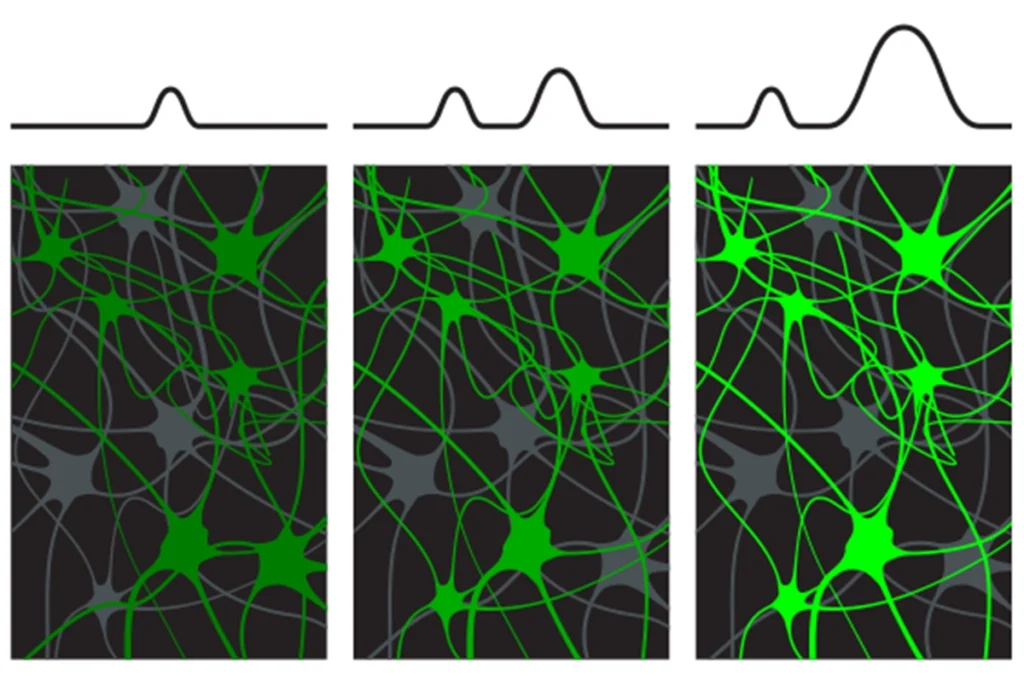
Cocaine, morphine commandeer neurons normally activated by food, water in mice
Confirming a long-held hypothesis, repeated exposure to the drugs alters neurons in the nucleus accumbens, the brain’s reward center, and curbs an animal’s urge for sustenance.
X chromosome inactivation; motor difficulties in 16p11.2 duplication and deletion; oligodendroglia
Here is a roundup of autism-related news and research spotted around the web for the week of 6 May.
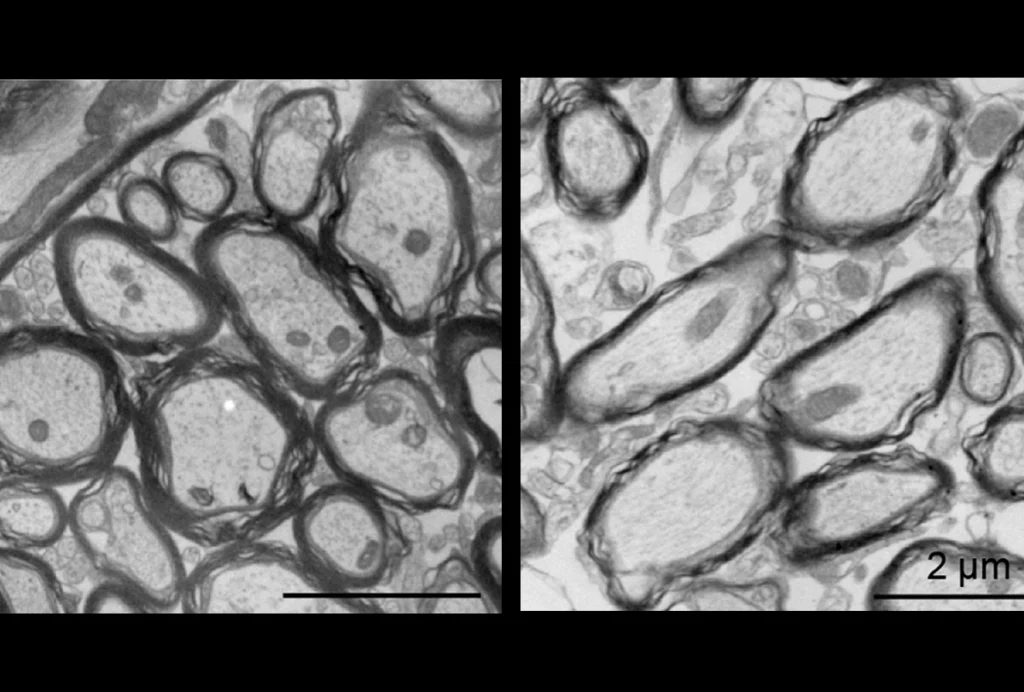
X chromosome inactivation; motor difficulties in 16p11.2 duplication and deletion; oligodendroglia
Here is a roundup of autism-related news and research spotted around the web for the week of 6 May.
Decoding flies’ motor control with acrobat-scientist Eugenia Chiappe
The tiny performers steal the show in Chiappe’s sensorimotor-integration lab in Lisbon, Portugal.

Decoding flies’ motor control with acrobat-scientist Eugenia Chiappe
The tiny performers steal the show in Chiappe’s sensorimotor-integration lab in Lisbon, Portugal.